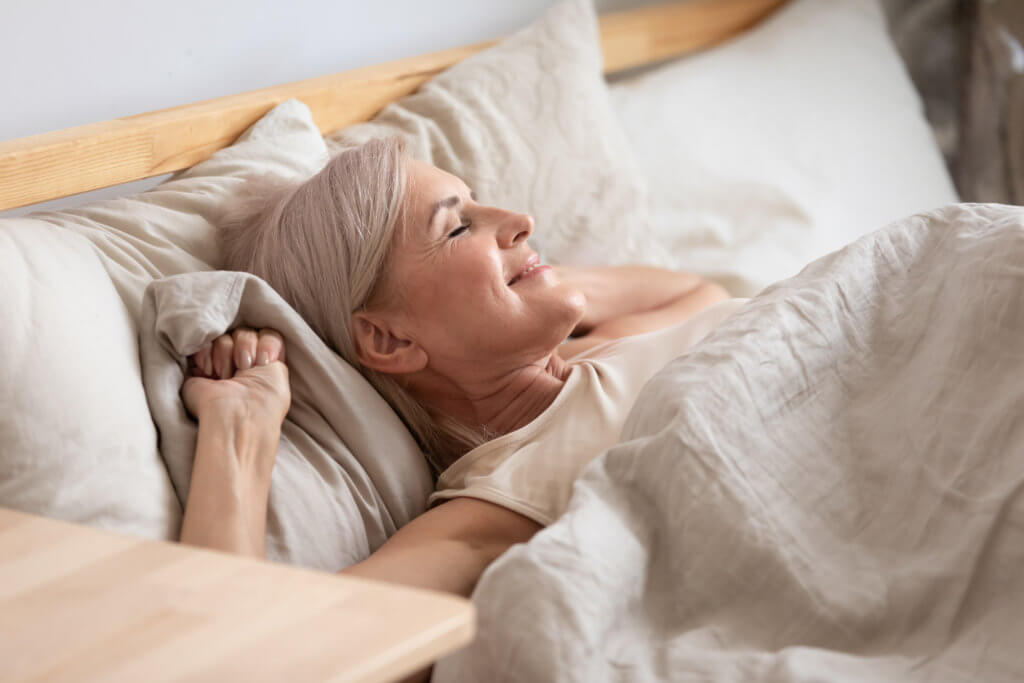
(Photo by LightField Studios on Shutterstock)
DARIEN, Ill. — A good night's sleep can often be the cure for all sorts of ailments. Now, new research finds getting better sleep may also be the best medicine for loneliness.
A new study being presented at the SLEEP 2024 annual meeting found a link between quality sleep and lower levels of loneliness. The benefits were most helpful among younger adults.
The U.S. Surgeon General declared loneliness a public health crisis in 2023. Researchers have compared the health risks one could face from feeling lonely to the same deadly effects of smoking up to 15 cigarettes a day. Before the COVID-19 pandemic, about half of adults in the United States reported feeling some level of loneliness, isolation, and a lack of connection.
“Loneliness is an urgent public health crisis, and there is a pressing need for providers to better understand and treat it,” says Joseph Dzierzewski, the vice president of research at the National Sleep Foundation in Washington, D.C. and the principal investigator of the study, in a media release.
Researchers recruited 2,297 adults, with an average age of 44, to complete an online sleep health questionnaire and an examination of their levels of loneliness. The study showed that getting a good night’s rest helps people feel more connected to others. Specifically, the new research published in SLEEP found that better sleep health is linked to lower levels of emotional, social, and total loneliness. The effects were seen across adults of all ages.
“Our results highlight the important role that sleep plays in understanding loneliness across the adult lifespan. Perhaps efforts to improve sleep health could have a beneficial effect on loneliness, especially for young people,” explains Dzierzewski.

The American Academy of Sleep Medicine and the Sleep Research Society recommend seven hours of sleep per night for adults to achieve optimal health, productivity, and daytime alertness. The authors did not explain why younger adults appeared to benefit more from sleep’s effects on reducing loneliness than other adults. However, they note that this is an intriguing observation worth investigating further.
Health officials in the U.S. have been implementing several strategies to combat loneliness. The U.S. Centers for Disease Control and Prevention (CDC) recommends engaging in activities that foster social connections, such as spending more time with family and friends, joining groups or clubs that align with personal interests, engaging in outdoor activities, expressing gratitude, and participating in community volunteer work.
Moreover, public health initiatives emphasize starting small to build or strengthen relationships. This might include reaching out to others more regularly, setting boundaries to improve relationship quality, learning about one's personal attachment styles to enhance interactions, and understanding how to manage conflicts constructively.










